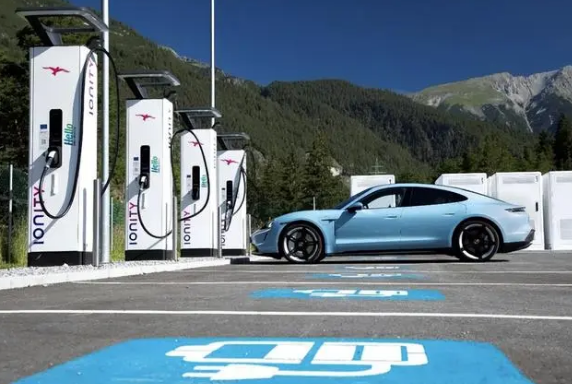What is the average range of an electric vehicle on a single charge?
The average range of an electric vehicle (EV) on a single charge varied significantly depending on the make and model. However, it is essential to note that EV technology continues to advance, and newer models may have improved ranges.
In general, the average range of an electric vehicle during that time was between 100 and 300 miles (160 to 480 kilometers) on a single charge. More affordable, entry-level EVs typically had a range closer to 100-150 miles (160-240 km), while higher-end models or those with larger battery capacities could achieve ranges of 300 miles (480 km) or more.
It is important to remember that an EV’s range can be influenced by various factors, including battery capacity, driving conditions, weather, temperature, terrain, and driving habits. For the most accurate and up-to-date information on electric vehicle ranges, it is recommended to consult the manufacturer’s specifications or independent reviews for specific makes and models.
Electric vehicle (EV) batteries play a crucial role in determining the performance, range, and overall efficiency of the vehicle. Here is an overview of EV batteries:
- Battery chemistry: Most EVs use lithium-ion batteries, which have a high energy density, relatively long life, and lighter weight compared to other battery chemistries, such as lead-acid or nickel-metal hydride. Lithium-ion batteries can store more energy and deliver higher performance, making them well-suited for automotive applications.
- Battery capacity: The capacity of an EV battery is typically measured in kilowatt-hours (kWh) and represents the amount of energy it can store. A higher capacity generally translates to a longer driving range. However, larger battery packs can be heavier and more expensive, so manufacturers must balance capacity with cost and vehicle weight.
- Charging: EV batteries can be charged using various methods, including Level 1 charging (using a standard household outlet), Level 2 charging (using a dedicated EV charging station), or DC fast charging (which can recharge the battery up to 80% in as little as 20-30 minutes). Charging speed depends on the battery capacity and the charging infrastructure.
- Battery degradation: Over time, EV batteries may lose some of their capacity due to factors such as charge cycles, temperature, and usage patterns. Manufacturers design battery management systems (BMS) to optimize performance and extend the life of the battery. Some manufacturers also offer warranties that cover battery degradation up to a certain level.
- Battery recycling and disposal: As EV batteries reach the end of their useful life, they can be recycled to recover valuable materials such as lithium, cobalt, and nickel. This helps to reduce the environmental impact of battery disposal and supports the development of a circular economy for battery materials.
- Future technologies: Researchers are continually exploring new battery technologies, such as solid-state batteries, which promise higher energy densities, faster charging times, and improved safety. These advancements may further enhance the performance and range of electric vehicles in the coming years.



